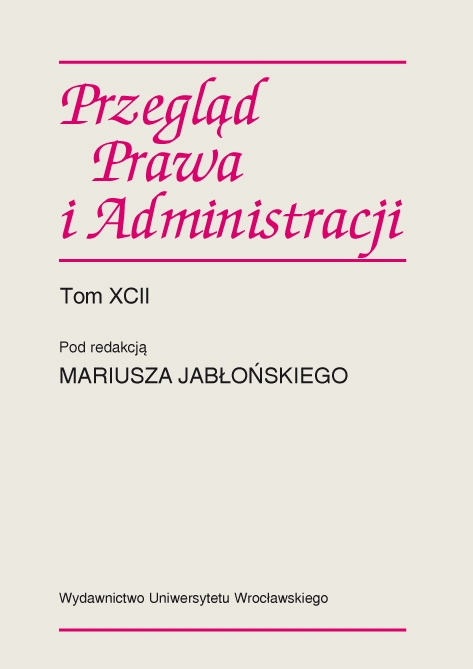

Artykuły archiwalne

ON THE EXECUTION OF THE STRASBOURG COURT’S JUDGMENT IN THE CASE OF PAKSAS V. LITHUANIA
The article examines in what way Lithuania may and must execute the judgment of the European Court of Human Rights of 6 January 2011 in the case of Paksas v. Lithuania. On 6 April 2004, the Seimas removed, following impeachment proceedings, R. Paksas from the office of the President of the Republic for a gross violation of the Constitution. In its ruling of 25 May 2004, the Constitutional Court held that a person who had been removed from office for a gross violation of the Constitution or a breach of the oath may never, in the future, be elected President of the Republic or a member of the Seimas. In the judgment of 6 January 2011 in the case of Paksas v. Lithuania, the European Court of Human Rights found that the absolute prohibition set out in the Lithuanian legal system for R. Paksas to ever stand for election to parliament was disproportionate, and that, having established such a prohibition, Lithuania had violated Article 3 of Protocol No. 1 of the Convention for the Protection of Human Rights and Fundamental Freedoms. In the article the conclusion is drawn that in order to execute the ECHR judgment at issue, it does not suffice to amend the Law on Elections to the Seimas — to that effect an amendment to the Constitution would be necessary, since the said absolute prohibition, whereby a person who has been removed from office by the Seimas following impeachment proceedings for a gross violation of the Constitution or a breach of the oath may never again be elected a member of the Seimas or President of the Republic, stems from the Constitution.